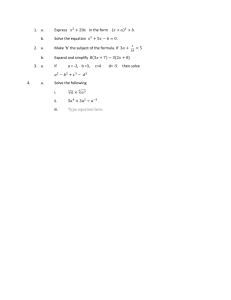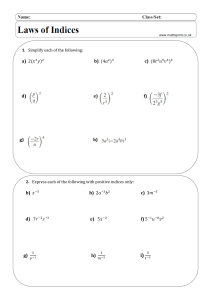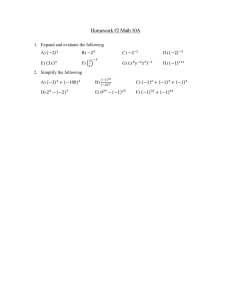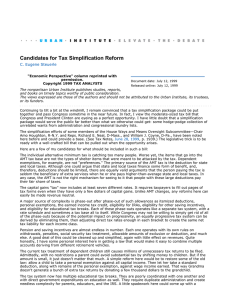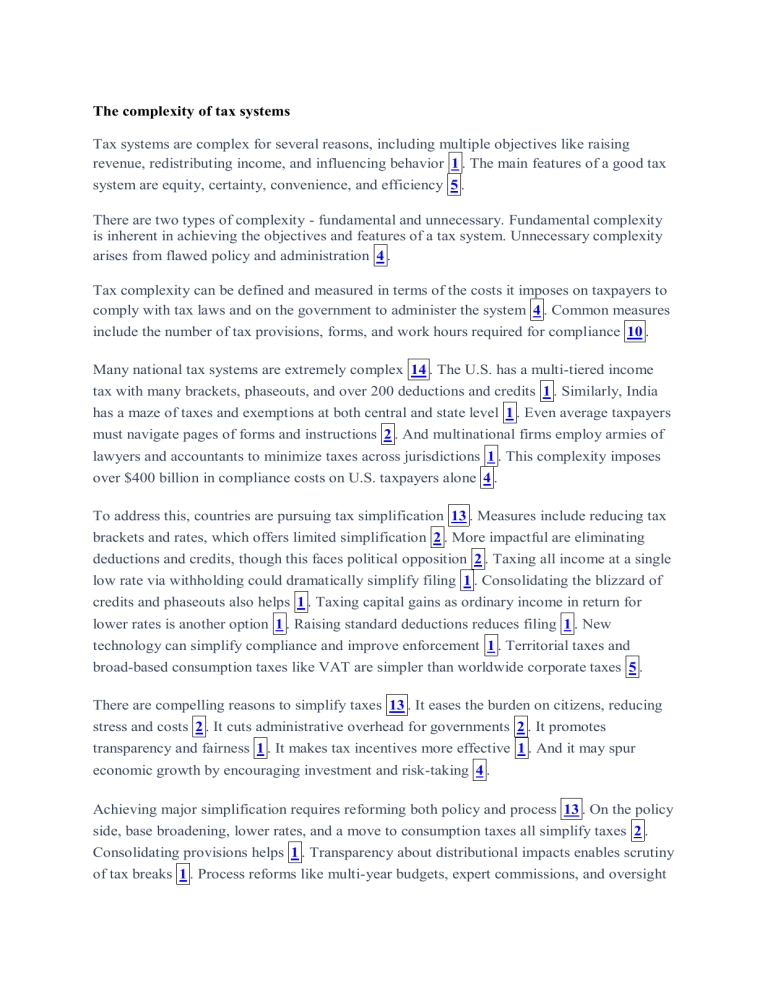
The complexity of tax systems Tax systems are complex for several reasons, including multiple objectives like raising revenue, redistributing income, and influencing behavior 1 . The main features of a good tax system are equity, certainty, convenience, and efficiency 5 . There are two types of complexity - fundamental and unnecessary. Fundamental complexity is inherent in achieving the objectives and features of a tax system. Unnecessary complexity arises from flawed policy and administration 4 . Tax complexity can be defined and measured in terms of the costs it imposes on taxpayers to comply with tax laws and on the government to administer the system 4 . Common measures include the number of tax provisions, forms, and work hours required for compliance 10 . Many national tax systems are extremely complex 14 . The U.S. has a multi-tiered income tax with many brackets, phaseouts, and over 200 deductions and credits 1 . Similarly, India has a maze of taxes and exemptions at both central and state level 1 . Even average taxpayers must navigate pages of forms and instructions 2 . And multinational firms employ armies of lawyers and accountants to minimize taxes across jurisdictions 1 . This complexity imposes over $400 billion in compliance costs on U.S. taxpayers alone 4 . To address this, countries are pursuing tax simplification 13 . Measures include reducing tax brackets and rates, which offers limited simplification 2 . More impactful are eliminating deductions and credits, though this faces political opposition 2 . Taxing all income at a single low rate via withholding could dramatically simplify filing 1 . Consolidating the blizzard of credits and phaseouts also helps 1 . Taxing capital gains as ordinary income in return for lower rates is another option 1 . Raising standard deductions reduces filing 1 . New technology can simplify compliance and improve enforcement 1 . Territorial taxes and broad-based consumption taxes like VAT are simpler than worldwide corporate taxes 5 . There are compelling reasons to simplify taxes 13 . It eases the burden on citizens, reducing stress and costs 2 . It cuts administrative overhead for governments 2 . It promotes transparency and fairness 1 . It makes tax incentives more effective 1 . And it may spur economic growth by encouraging investment and risk-taking 4 . Achieving major simplification requires reforming both policy and process 13 . On the policy side, base broadening, lower rates, and a move to consumption taxes all simplify taxes 2 . Consolidating provisions helps 1 . Transparency about distributional impacts enables scrutiny of tax breaks 1 . Process reforms like multi-year budgets, expert commissions, and oversight requirements improve incentives 1 . With balanced reforms, countries can achieve simpler, fairer taxes. The Importance of Simplifying a Country's Tax System There are compelling reasons why countries should aim to simplify their tax codes and systems. Complex tax regimes impose high costs and inefficiencies that hinder economic performance. For example, in the United States, the estimated compliance costs of the income tax alone were over $200 billion in 2016 - more than 1% of GDP. This represents time and money that could be better spent on more productive economic activities 1 . Complexity also undermines tax compliance and enforcement. For instance, Italy loses over €90 billion annually to tax evasion, with complexity being a major factor 2 . Simpler tax systems like Estonia's make compliance easier and improve collections 3 . Estonia's electronic filing takes just 3 minutes for most taxpayers 4 . Italy, in contrast, has turned to tax amnesties to improve compliance, forgiving interest and penalties for those who pay overdue taxes 5 . Additionally, complex regimes cause more taxpayer errors and disputes with tax authorities. In Germany, a top desire is simplification to increase predictability 6 . France has also seen disputes rise with frequent tax law changes 7 . Predictability and stability are key for taxpayer confidence and planning. Overall, simplification can reduce compliance costs, improve enforcement, and provide greater certainty for taxpayers. The many steps taken by countries as outlined previously, demonstrate a widespread recognition that the consequences of complexity warrant reform efforts. With simpler taxes, countries can free up resources for more productive uses in their economies.
